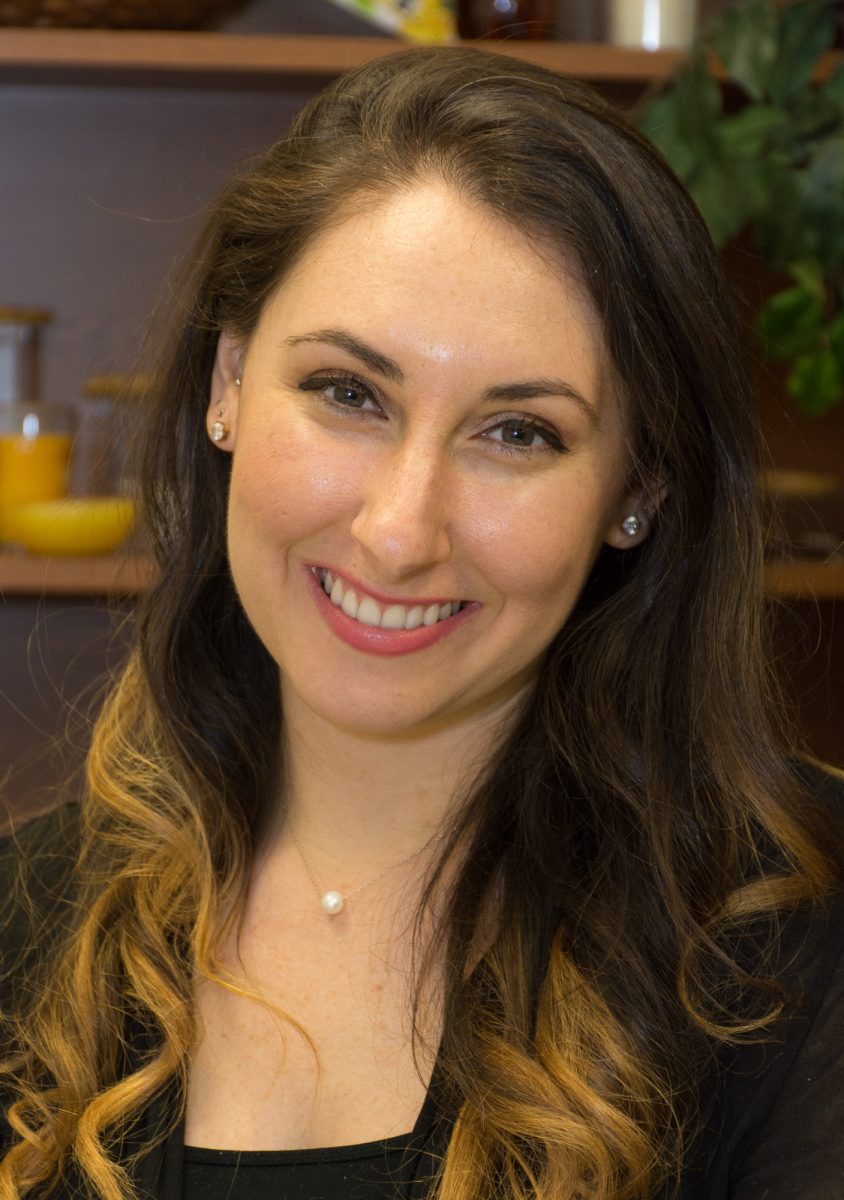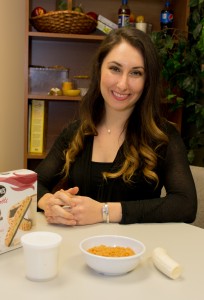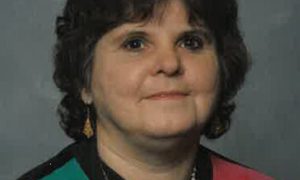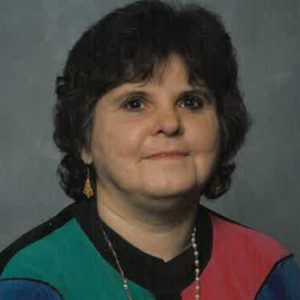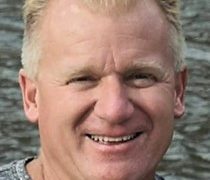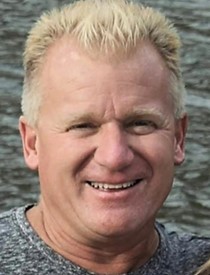by Eliana Lakritz MS RD LDN, Clinical Dietitian, Baystate Noble Hospital
The Science
Iron deficiency is the most prevalent cause of anemia, which is defined by the body’s inability to make red blood cells. Iron deficiency anemia specifically, affects several hundred million people worldwide. Iron is a part of hemoglobin, part of our blood cells that carry oxygen and carbon dioxide around the body. It picks up oxygen from our lungs and delivers it to tissues and organs. When lack of iron develops into iron deficiency anemia, the body can no longer make blood cells to carry oxygen to all of those organs and tissues that require it. Not surprisingly, this manifests as fatigue, weakness, headache, dizziness and pale skin and/or nails.
Diet and Iron Malabsorption
Usually, development of iron deficiency anemia is not caused by low iron intake unless there is a co-morbidity, severe malnutrition or pre-existing anemia. When one experiences a lot of blood loss, rapid growth (such as in infancy), hookworm, or malaria, iron needs are higher and supplementation will be required. The typical Western diet is not sufficient to replenish iron stores in these cases.
Absorption and availability of iron in the gut is largely dependent on the dietary sources of iron consumed. Heme iron, iron from animal sources, is better absorbed by the body compared to non-heme iron, iron from plant-based sources.
Food Sources
Foods that contain a lot of iron include meat, fish, poultry, spinach, legumes, dried fruits and iron-fortified foods. Vitamin C enhances the absorption of iron when eaten concurrently, so including a good source of vitamin C such as citrus, melons, potatoes, and dark leafy greens, can help.
Recommended Intake
| Healthy People by Group | Iron: Recommended Dietary Allowance (RDA) |
| Women (19-50 years old) | 18 mg |
| Pregnant Women (19-50 years old) | 27 mg; 9 mg if breastfeeding |
| Men (19+ years old) | 8 mg |
| Older Woman (50+ years old) | 8 mg |
If you are interested in learning more about nutrition counseling sessions with a registered dietitian at Baystate Noble Hospital, please call 413-568-2811 ex: 5671 for more information.

